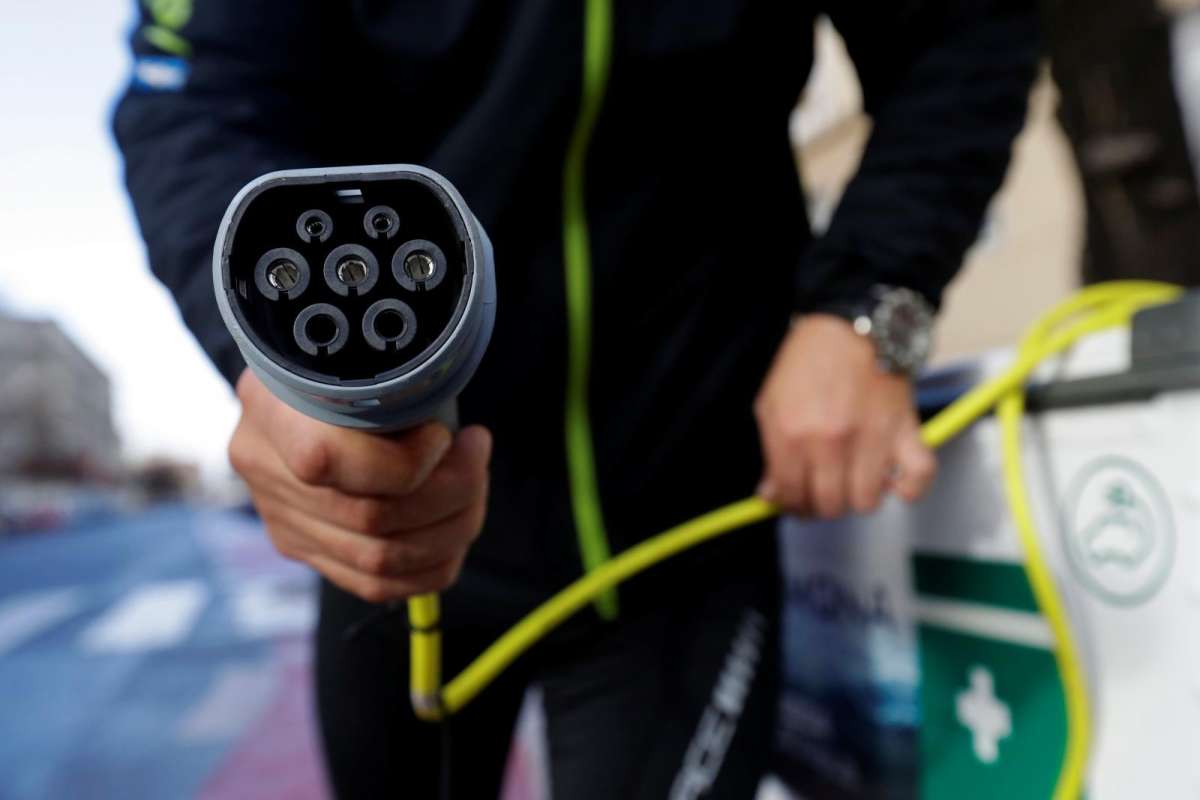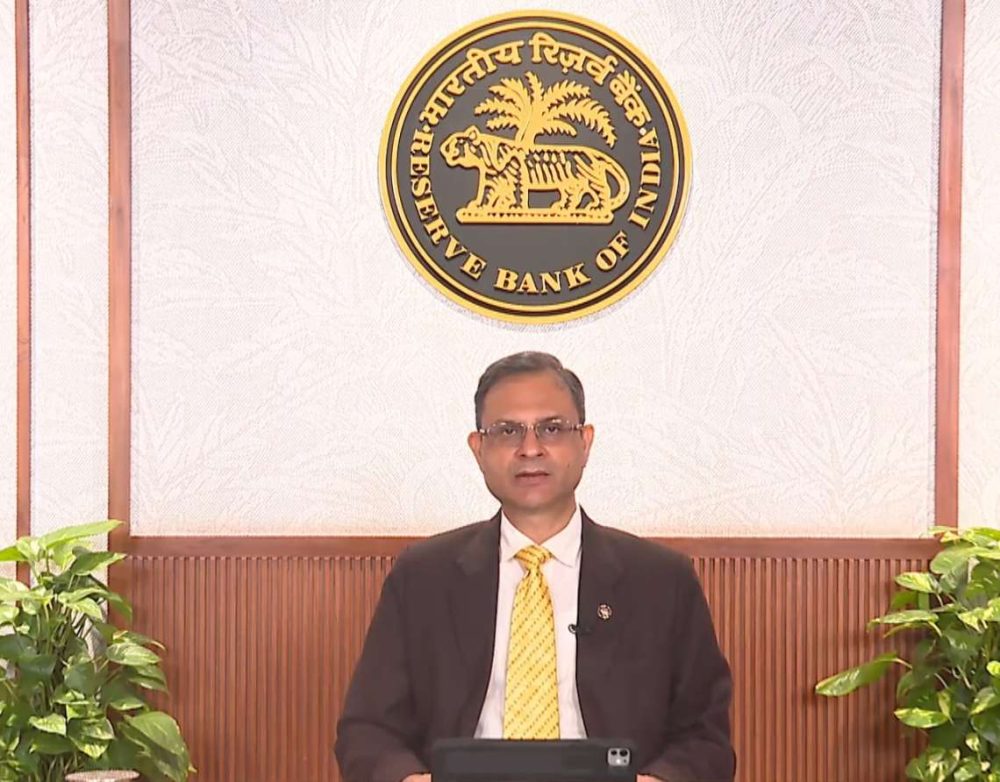According to Emkay Global, the pace of EV penetration in India will be driven by two/three wheelers and buses…reports Asian Lite News
Three A’s – affordability, availability and acceptance – are driving the growth of electric vehicles (EV) globally and in India, said Emkay Global Financial Services in a report.
According to the report, the benign government policy has increased the affordability quotient with reducing input costs.
Advancement in availability is on account of increase in EV model options for customers and expansion of the charging/manufacturing ecosystem. And customer acceptance is enhancing owing to better aspirational value for EVs and environmental consciousness, Emkay Global said.
According to Emkay Global, the pace of EV penetration in India will be driven by two/three wheelers and buses.
The key vehicle manufacturers who would benefit are TVS Motor (TVSL), Tata Motors (TTMT) and Ashok Leyland (AL) and in the case of component makers Uno Minda (Minda), Motherson Wiring (MSUMI), and Samvardhana Motherson (SAMIL), Emkay Global said.
According to the report, sales of EV (Hybrid and Electric) surged 52 per cent to about 10 million units, or 14 per cent of global car sales, in CY22. Such penetration is expected to jump to 25 per cent/36 per cent in CY30, as per International Energy Agency (IEA) base-case/bull-case estimates, respectively.
In two-wheelers, the EV adoption is likely to be faster, with sales penetration projected at 50 per cent in CY30 versus over 25 per cent currently.
As regards the Indian market, Emkay Global expects a notable increase in EV share in two/three wheelers/buses/passenger vehicles from 2 per cent/9 per cent/10 per cent/1 per cent in FY22 to 46 per cent/56 per cent/55 per cent/20 per cent in FY30.
According to Emkay Global, TVSL is more aggressive in the EV field than its peers and would be a key beneficiary, on emphatic organic/inorganic efforts and better exposure to the expanding scooter segment.
“We expect incumbents to maintain dominance in the EV era, considering their strong brand image, aggressive R&D efforts, better reliability, and extensive sales & service networks; we model new entrants to uphold less than 15 per cent of the total two wheeler EV sales by FY30,” the report notes.
As regards the Eicher Motors rolling out high capacity bikes like the Bullet and others, it will be relatively less affected by EV transition in coming 2-3 years.
In the case of electric cars and commercial vehicles- TTMT models see strong acceptance and AL witnessing strong order-wins in E-Buses.
TTMT is set to capture higher market share in electric cars as against ICEs, on the back of the first-mover advantage, wherein models such as Nexon, Tigor and Tiago have witnessed strong acceptance. The upcoming pipeline is strong, with launches such as Altroz, Punch, Sierra, Currv and Avinya over FY24-26, Emkay Global said.
TTMT has also seen success in E-Buses/E-LCVs, with pending order-book at over 2,700/over 39,000 units, respectively. Further, AL is making inroads with a pending order-book of over 2,600 units in E-Buses, and is set to enter the E-LCV space with launch of its Bada Dost model in 1HFY24.
Both the vehicle makers are evaluating stake sale in E-CV subsidiaries which could lead to value unlocking, Emkay Global said.
As to the impact on ancillaries, companies with higher exposure to segments like aluminium casting, wiring harness, lighting, tyres and EV-specific components are likely to benefit from the EV transition, owing to increasing content.
Suprajit Engineering should also see higher content, as the EV transition would lead to better acceptance of new products, such as electronic throttle, digital speedometers, actuators and braking systems.
In contrast, content can reduce for companies with higher exposure to the ICE engines, transmissions, fuel injection, exhaust, lubricants, and lead acid batteries, which currently form over 40 per cent of the components market.
“Within our universe, Exide Industries and Amara Raja are likely to be negatively impacted, unless they transform themselves to embrace the inevitable EV transition, which would be return on equity-dilutive in initial years,” Emkay Global said.














